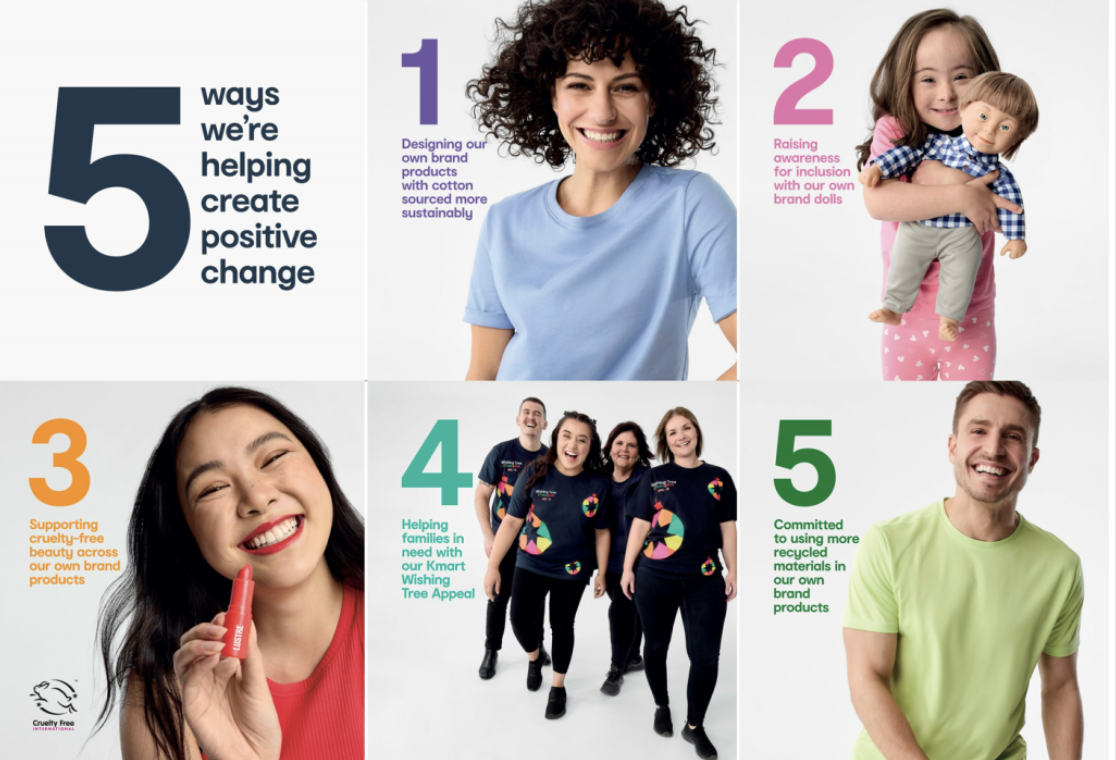In today’s rapidly changing marketing world, where consumer decisions are becoming less steered by products, and more by emotional resonance, brand humanisation emerges as an indispensable strategy. This involves integrating human characteristics, values, and authenticity into a brand’s messaging to resonate with consumers on a personal level. According to Forbes (2020), 80% of these consumers prefer engaging with brands that treat them as humans, as opposed to a transaction, providing a significant market opportunity. This blog will discuss 5 ways to humanise your brand and the impact this has on consumers.
1. Personify Your Brand
The first step towards humanising your brand is to personify it. Start by setting an authentic and consistent tone. This is defined as the emotions, language, and interactions which form the consumer’s perception of your brand. Before choosing your tone, consider:
- Who is your target consumer?
- How do you want your brand portrayed?
For example, a bar targeting young adults might consider a fun, friendly, or humorous tone. Contrastingly, a financial firm targeting business owners would benefit from a serious or professional tone. It’s vital to utilise the correct brand tone as, like everyday life, how you present yourself influences how others perceive, and relate to you. Don’t be afraid to establish a unique identity—one less business-focused, as this distinguishes your brand from competitors and fosters a sense of trust, translating to higher sales (Oberlo 2023).
Next, give your brand a face. Revealing the real people behind your brand humanises it, crafting a personality that consumers can relate with, connect to, and trust to be a good brand. Ultimately, boosting sales in a competitive market, and importantly, increasing consumer loyalty. Examples of this include:
- Team bios & fun facts (check out Adlab’s example)
- In-office photos
- Business-consumer interactions.
2. Master Your Storytelling
Storytelling is the heart of brand humanisation as it captures your identity, vision, societal impact, and challenges you face. A powerful narrative should be relatable, inspire action, and build trust and loyalty. However, most importantly, it should form a sense of emotional belonging. Approximately 94% of consumers seek an emotional connection from brands, making storytelling a crucial asset for marketers to utilise (Nu Creative 2024). Let’s explore a powerful example!
Nike:
Nike’s “Just Do It” mission embodies brand humanisation through storytelling impeccably! Their ads feature athletes and ordinary people alike in situations where they push their limits, overcome challenges, and achieve their dreams.
One notable example is their “Find Your Greatness” campaign that showcased a young boy with a disability playing baseball. The overlapping text reads “greatness is not born. It is made” (Nike 2024). This storytelling is incredibly empowering as it conveys that everyone can achieve greatness, regardless of their physical ability or skill, if they “just do it” (Nike 2024). This positions Nike as a brand that cares for everyone and their successes, as opposed to just selling products!
55% of people find stories easier to remember than facts (The Brand Shop 2023), allowing your brand to leave a lasting impression about what it is you do, why you do it, and how it is superior to competitors.
3. Utilise Visual Branding
Visual branding (i.e., images, videos, styles) is another effective strategy for brand humanisation, with research revealing that 91% of consumers find visual content more appealing (Venngage 2023). Specifically, that which showcases real people, behind-the-scenes glimpses, and customer stories sharing personal and relatable experiences.
This humanises your brand by transforming it from a faceless entity into a company that represents friendliness, approachability, authenticity, and trust. Further, it helps forge an emotional bond with your consumers, boosting loyalty, positive word-of-mouth, and potential sales—allowing you to shine against competitors!
4. Be Transparent
Transparency also plays a crucial role in humanising brands and helping them succeed, with 94% of consumers seeking brands that priorities this (Forbes 2023). This involves openly sharing values, processes, and setbacks to foster inclusivity, authenticity, and trust among consumers. Consider Kmart’s approach:
Kmart:
Kmart has earned acclaim for their increased transparency regarding sustainability and ethical work rights. From the manufacturers of finished goods to their material suppliers Kmart openly shares details about their supply chain (Wesfarmers 2023) and offers feedback opportunities.
This transparency cultivates a deeper connection with customers by engaging them about the brand’s journey and how their products are sourced. Moreover, it showcases Kmart’s commitment to integrity and willingness to reveal its human side—challenges and all, as opposed to a corporate giant.
5. Share Empathy & Connect
Finally, good communication and genuine empathy are key to humanising your brand. To reiterate, consumers favour brands that treat them as humans, while over 61% will disconnect from brands that poorly interact with them (Forbes 2020). This communication involves:
- Addressing customer needs/concerns
- Engaging and responding to comments (even negative ones) across all platforms
- Creating opportunities for consumer discussions/opinions (i.e., survey, engagement posts).
Active listening, responding, and understanding builds consumer trust and connection, encouraging positive word-of-mouth. Further, genuine empathy lets a brand connect personally with its audience by acknowledging their experiencing and emotions, demonstrating a genuine care for their consumers’ well-being and satisfaction—creating a lasting impact that goes beyond mere transactions.
Closing Statement:
In essence, humanising a brand is more than marketing—it’s about creating real connections in a changing consumer landscape. Storytelling, consistent voice, and personality all play a part in transforming your brand into a relatable companion—one that’s caring, loyal, authentic, and trustworthy. As brands navigate the marketing world, brand humanisation will become crucial for fostering consumer loyalty!
Looking to humanise your brand? Adlab is here to help craft the perfect marketing strategy for you! For more information, feel free to contact us.




